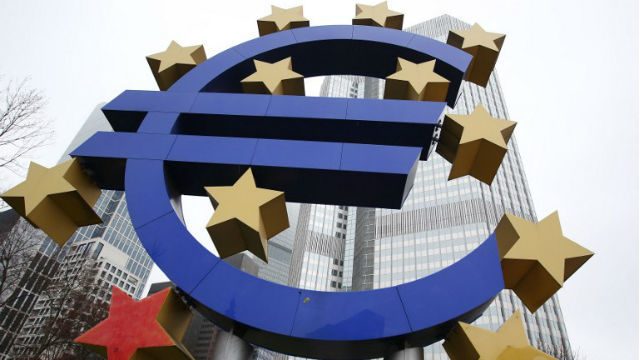SUMMARY
This is AI generated summarization, which may have errors. For context, always refer to the full article.

ATHENS, Greece – Greek Prime Minister Alexis Tsipras has requested a meeting with European Commission chief Jean-Claude Juncker, a government source said Friday, March 6, after Athens got no help from the European Central Bank to address a cash squeeze. (READ: In blow to Greece, ECB restricts banks’ access to cash)
“The prime minister called Mr Juncker to arrange a meeting next week,” a government source said.
The government later said in a statement: “The meeting will discuss how Greece will utilise European funds to address the humanitarian crisis and unemployment.”
German daily Sueddeutsche Zeitung had earlier reported that Tsipras had wanted to see Juncker on March 6, but his request was turned down.
Tsipras, who will be in Paris next week, will also meet European parliament chairman Martin Schulz in Brussels on March 6, the latter’s office said.
Athens is scrambling to find cash to address a dauting debt repayment schedule this month.
Greece needs to find around 6.0 billion euros ($6.8 billion) for debt repayments falling due this month.
A finance ministry source said Athens had repaid the International Monetary Fund a first debt instalment of 310 million euros.
Greece will seek to raise 1.0 billion euros in three-month treasury bills on March 4, the debt management agency said. (READ: ‘Greece will never present a budget deficit again’)
Greece’s new anti-austerity government last month reluctantly agreed to temporarily extend its EU-IMF bailout, but until Athens wins approval for its plans for a four-year economic recovery blueprint it has no access to funds remaining in the 240-billion euro rescue programme.
Greeks to make proposals
The government has said it will present a first batch of concrete proposals to eurozone ministers on March 2, in a bid to break the deadlock.
The proposals include creating a “flexible”, temporary tax audit squad, and amend laws on electronic gaming and the repayment of debts to the state to maximise revenue.
“It is very important that the Eurogroup be successful. We are all working to this end,” Bank of Greece governor Yannis Stournaras told reporters after seeing the prime minister.
He added that the government would work “non-stop” over the weekend to secure a “positive result.”
The government had pinned its hopes on the European Central Bank giving more leeway to Greek banks to buy state bonds.
But the ECB on Thursday, March 5, maintained a tough line on Athens, saying it was prepared to give more room on financing once the Greek government reaches a debt deal with its eurozone partners.
The ECB recently cut off a key channel of financing for Greek banks, saying it would no longer accept Greek sovereign bonds as collateral for loans.
That means they now rely solely on emergency liquidity assistance (ELA) which is more expensive than normal central bank refinancing operations.
ELA funds are also limited by the ECB, as well as the amount of short-term treasury bills that Athens can issue.
Stournaras insisted that Greek banks are “sufficiently capitalised” and have “secure liquidity”.
“There is no danger…there is no absolutely no problem with deposits,” he said.
There have been concerns that without ample support from the ECB that Greeks could view the banks as being vulnerable, triggering a run on deposits that could provoke a crisis leading to Greece’s exit from the euro if no help was forthcoming.
The head of the European Stability Mechanism, Klaus Regling, expressed concern about the state of Greek government coffers and urged Athens to concentrate on tax collection as revenues were “plummeting.”
“We are left to hope that the government will soon pull the emergency brake. It must urgently explain to its citizens that they must pay their outstanding taxes,” Regling told German business daily Handelsblatt. – Rappler.com
Add a comment
How does this make you feel?
There are no comments yet. Add your comment to start the conversation.